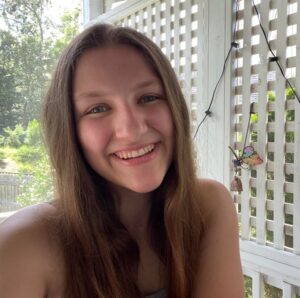Wisława Szymborska
Darkness
Streaming services: three thousand series, that you won’t watch.
Some shows have abandoned any hope: social dramas from developing nations slashers for enthusiasts (no, not you) yet another culinary show with a transparent title podcasts by hosts you haven’t heard of, about people you had no idea existed a few athlete biographies, oh, none will make it from bottom to top of the catalogue. Decades of training for nothing.
Sad shows, poorly-funded shows, all crowded into lower levels of the corridors of code, they will never escape the zeros and ones. Not for these the algorithm, which awards prime spots on the screen or – distant dream – a trailer to top, for half a week, the homepage. The shows with trailers have a chance, those at the bottom none, ever.
They hear you logging-in far above their heads. “Me! Me! Watch me! It’ll be great! Me!”,!! they call out of duty, yet without conviction.
In “Two families”, a sitcom duplicating hundreds of more famous sitcoms, in the middle of a scene the actress pauses suddenly, halfway through her line, and before delivering her, well, mediocre punchline, sits on the couch and stares, dazed, at the fourth wall, beyond which you are not.
Translated by Daria Badger





